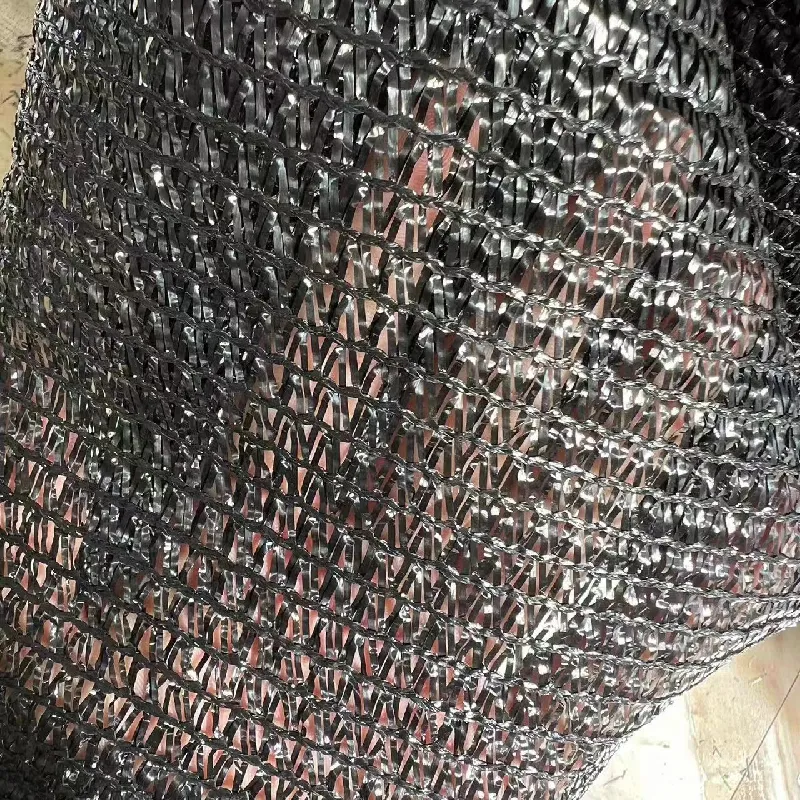-
 Afrikaans
Afrikaans -
 Albanian
Albanian -
 Amharic
Amharic -
 Arabic
Arabic -
 Armenian
Armenian -
 Azerbaijani
Azerbaijani -
 Basque
Basque -
 Belarusian
Belarusian -
 Bengali
Bengali -
 Bosnian
Bosnian -
 Bulgarian
Bulgarian -
 Catalan
Catalan -
 Cebuano
Cebuano -
 China
China -
 Corsican
Corsican -
 Croatian
Croatian -
 Czech
Czech -
 Danish
Danish -
 Dutch
Dutch -
 English
English -
 Esperanto
Esperanto -
 Estonian
Estonian -
 Finnish
Finnish -
 French
French -
 Frisian
Frisian -
 Galician
Galician -
 Georgian
Georgian -
 German
German -
 Greek
Greek -
 Gujarati
Gujarati -
 Haitian Creole
Haitian Creole -
 hausa
hausa -
 hawaiian
hawaiian -
 Hebrew
Hebrew -
 Hindi
Hindi -
 Miao
Miao -
 Hungarian
Hungarian -
 Icelandic
Icelandic -
 igbo
igbo -
 Indonesian
Indonesian -
 irish
irish -
 Italian
Italian -
 Japanese
Japanese -
 Javanese
Javanese -
 Kannada
Kannada -
 kazakh
kazakh -
 Khmer
Khmer -
 Rwandese
Rwandese -
 Korean
Korean -
 Kurdish
Kurdish -
 Kyrgyz
Kyrgyz -
 Lao
Lao -
 Latin
Latin -
 Latvian
Latvian -
 Lithuanian
Lithuanian -
 Luxembourgish
Luxembourgish -
 Macedonian
Macedonian -
 Malgashi
Malgashi -
 Malay
Malay -
 Malayalam
Malayalam -
 Maltese
Maltese -
 Maori
Maori -
 Marathi
Marathi -
 Mongolian
Mongolian -
 Myanmar
Myanmar -
 Nepali
Nepali -
 Norwegian
Norwegian -
 Norwegian
Norwegian -
 Occitan
Occitan -
 Pashto
Pashto -
 Persian
Persian -
 Polish
Polish -
 Portuguese
Portuguese -
 Punjabi
Punjabi -
 Romanian
Romanian -
 Russian
Russian -
 Samoan
Samoan -
 Scottish Gaelic
Scottish Gaelic -
 Serbian
Serbian -
 Sesotho
Sesotho -
 Shona
Shona -
 Sindhi
Sindhi -
 Sinhala
Sinhala -
 Slovak
Slovak -
 Slovenian
Slovenian -
 Somali
Somali -
 Spanish
Spanish -
 Sundanese
Sundanese -
 Swahili
Swahili -
 Swedish
Swedish -
 Tagalog
Tagalog -
 Tajik
Tajik -
 Tamil
Tamil -
 Tatar
Tatar -
 Telugu
Telugu -
 Thai
Thai -
 Turkish
Turkish -
 Turkmen
Turkmen -
 Ukrainian
Ukrainian -
 Urdu
Urdu -
 Uighur
Uighur -
 Uzbek
Uzbek -
 Vietnamese
Vietnamese -
 Welsh
Welsh -
 Bantu
Bantu -
 Yiddish
Yiddish -
 Yoruba
Yoruba -
 Zulu
Zulu
farm netting
The Impact and Importance of Farm Netting Enhancing Agricultural Efficiency
Farm netting is an increasingly significant aspect of modern agriculture, designed to improve productivity, protect crops, and enhance overall farm management. As global populations rise and the demand for food increases, farmers are exploring innovative methods, such as netting, to achieve higher yields while ensuring sustainability.
Netting for farms can be categorized into several types, including bird netting, anti-insect netting, and shade netting. Each serves a specific purpose tailored to protect crops from various threats. Given that pests and wildlife pose serious risks to agricultural output, netting has become an essential tool in safeguarding crops.
Bird and Pest Protection
One of the most pressing challenges farmers face is the threat from birds and insects. Birds can decimate fruit crops in a matter of days, and certain insects can rapidly reproduce, leading to severe plant damage. Utilizing bird netting can create a physical barrier that prevents birds from accessing vulnerable plants. This method not only saves crops but also reduces the need for chemical pesticides, thereby promoting healthier ecosystems and reducing the risk of chemical runoff into surrounding habitats.
Insect netting provides an additional layer of protection, trapping harmful pest species while allowing beneficial insects to pollinate and cohabitate within the farm. This selective exclusion enhances crop health and contributes to a balanced ecosystem, allowing farmers to adopt more organic farming practices.
Climate Control and Crop Health
farm netting

Netting can also help regulate the microenvironment around crops. For instance, shade netting provides a cool environment that can mitigate heat stress during the peak growing seasons. Shade can reduce temperature fluctuations and help retain moisture in the soil, which is particularly important in arid regions where water scarcity is a growing concern. By creating a controlled environment, farmers can optimize growth conditions and improve the overall health of their plants.
Furthermore, netting can protect crops from harsh weather conditions such as hail and heavy rain. By shielding plants from these elements, farmers can reduce crop losses and maintain consistent productivity. This increased resilience is particularly important in the face of climate change, where unpredictable weather patterns are becoming more common.
Economic Benefits
In addition to improving crop protection and health, farm netting can offer notable economic advantages. The initial investment in netting materials may seem high; however, the long-term benefits often outweigh the costs. With enhanced protection, farmers can expect higher yields and reduced losses due to pest or bird damage, leading to increased profitability.
Additionally, as more consumers are seeking sustainably grown produce, organic farming practices enhanced by netting can help farmers tap into lucrative markets. By minimizing chemical usage and promoting healthier farming methods, farmers can position their products as eco-friendly, appealing to a growing demographic of health-conscious consumers.
Conclusion
In conclusion, farm netting is an invaluable asset for modern agriculture, addressing various challenges faced by farmers today. From protecting crops from pests and wildlife to creating favorable growing conditions and enhancing economic viability, the benefits of netting are manifold. As the agricultural landscape continues to evolve in response to climate change and population growth, the adoption of innovative practices like farm netting will be crucial in ensuring food security and sustainable farming. As farmers invest in these protective measures, they not only improve their immediate outputs but also contribute to the larger goal of creating a resilient and sustainable agricultural system for the future. The potential of farm netting is vast, and its implementation can serve as a cornerstone for thriving agricultural practices worldwide.
-
Shipping Plastic Bags for Every NeedNewsJul.24,2025
-
Safety Netting: Your Shield in ConstructionNewsJul.24,2025
-
Plastic Mesh Netting for Everyday UseNewsJul.24,2025
-
Nylon Netting for Every UseNewsJul.24,2025
-
Mesh Breeder Box for Fish TanksNewsJul.24,2025
-
Expanded Steel Mesh Offers Durable VersatilityNewsJul.24,2025











